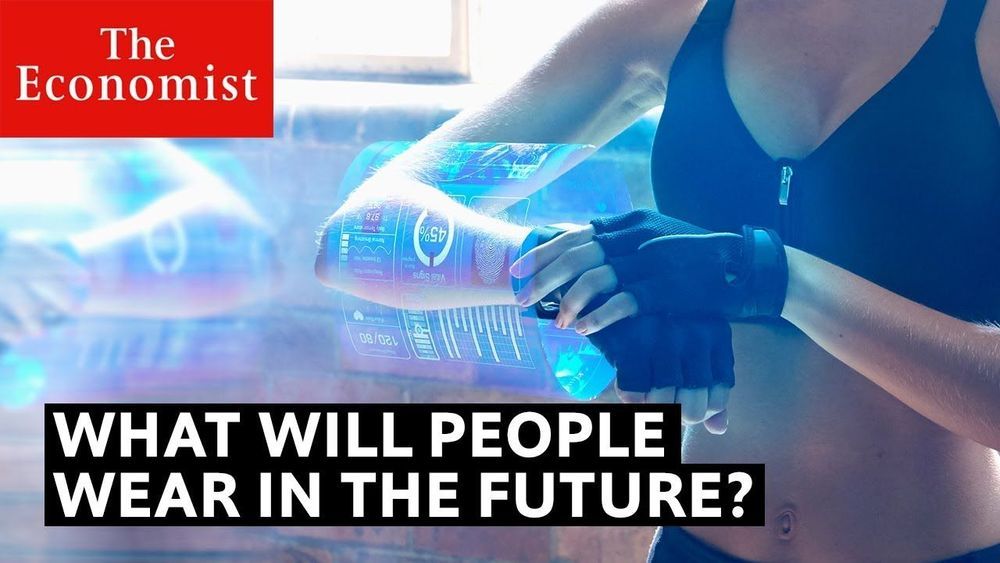Innovation in fashion is sparking radical change. In the future clothes could be computers, made with materials designed and grown in a lab.
Click here to subscribe to The Economist on YouTube: https://econ.st/2xvTKdy
A new wave of innovation is fueling a radical change in fashion. Wearable technology, data, automation and lab-grown materials will have a major impact on what people will be wearing in the future.
Since the birth of sewing and weaving, technology has always led developments in fashion. The Industrial Revolution mechanized manufacturing enabling mass production. In the 1960s synthetic materials like polyester took off, creating new possibilities for fashion.
Now the convergence of new technologies is opening up previously unimaginable possibilities. Self-styled fashion scientist Dr Amanda Parkes is in the vanguard of the industry’s latest reinvention. She heads up innovation at FT labs, a venture capital firm that invests primarily in disruptive fashion tech startups. Among these startups the race is on to find the next generation of renewable materials that can be grown in a lab. Traditional silk is produced from insect larvae that form cocoons, most commonly silkworms. But rather than relying on these insects bolt threads is creating silk in test tubes. Bio fabricated materials remove the need for animals and insects and they are a more sustainable and efficient way of producing raw materials.
Other companies are creating leather alternatives. Rather than using animals scientists are creating bio fabricated materials from pineapple leaves and even mushrooms. The convergence of fashion and technology also provides opportunities to transform not just clothes but the people wearing them.
